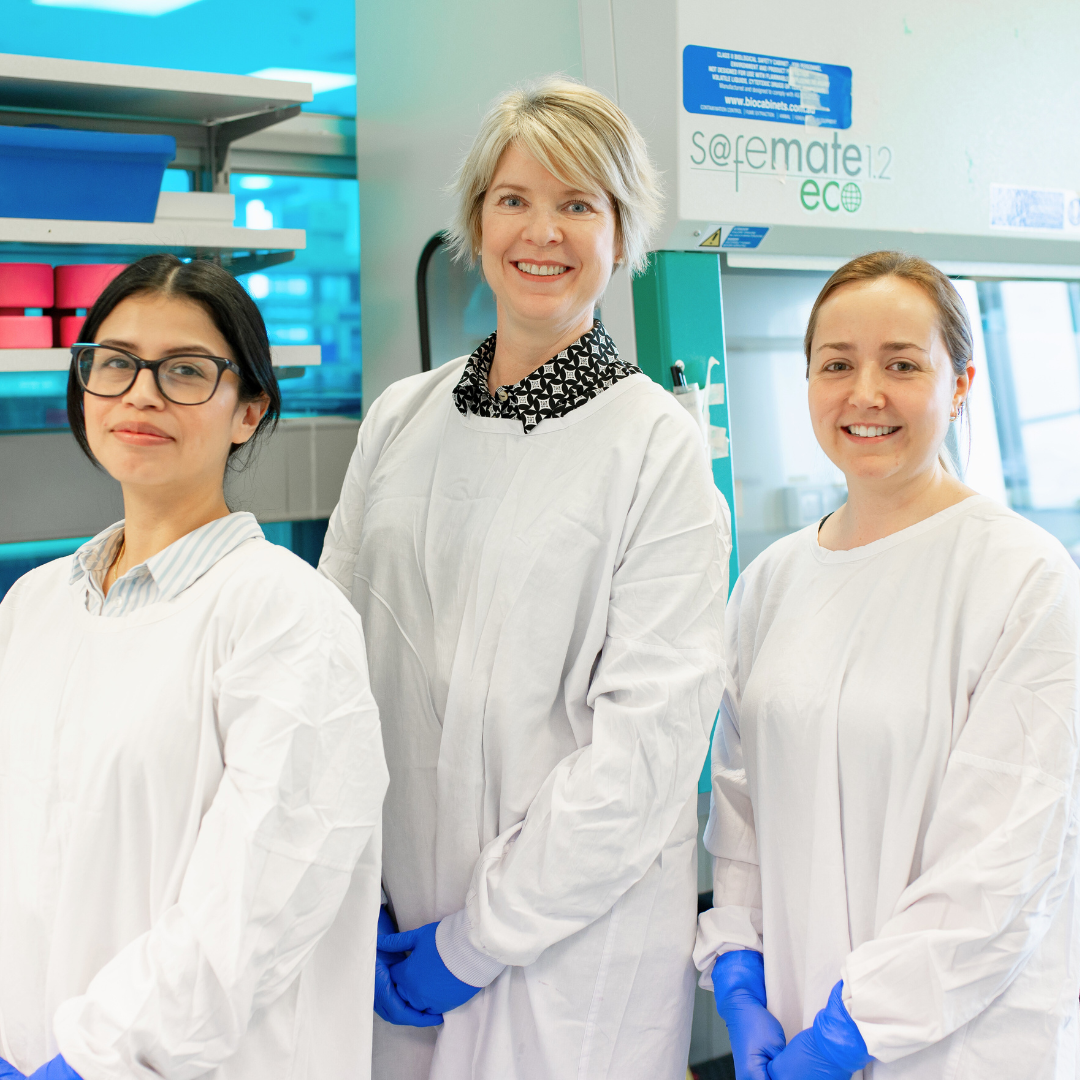Lab-grown brain tumour models for new drugs
Fast-tracking the discovery of better treatments for childhood brain cancer.

The challenge
Medulloblastoma is the most common type of malignant brain tumour that affects children, accounting for 20% of all childhood brain cancers and 63% of intracranial embryonic tumours. It is the leading cause of cancer-related mortality in children, with 5-year survival rates for aggressive subgroups below 50%.
Current multimodal therapies, including surgery, radiotherapy and chemotherapy, are aggressive and frequently cause severe neurotoxic effects, leaving many children with long-term health problems that impact their quality of life into adulthood. There is a critical need for new treatment approaches that improve survival while reducing these devastating side effects. That's why researchers at Monash University are working on a new way to find better treatments.
The research
Robust preclinical models are essential for developing effective treatments for medulloblastoma. Inadequate preclinical models may fail to accurately represent human tumours, potentially leading to promising preclinical results that do not translate to clinical benefits, ultimately wasting resources and time.
Currently, most models of medulloblastoma research are conducted on 2D monolayer models. Occasionally, 3D sphere models are used. However, none of these models accurately represent real tumours in vivo, where normal brain cells are present and strongly communicate and influence tumours.
This project aims to develop a cutting-edge cerebellar organoid model of Group 3 medulloblastoma - the most aggressive and treatment-resistant subgroup. Using induced pluripotent stem cells (iPSCs), this model will accurately mimic the tumour’s biology, enabling mid- to high-throughput drug screening.
The organoid can then be used to screen a library of central nervous system (CNS)-penetrant drugs to identify new treatment options for medulloblastoma, including repurposing of existing compounds that may be fast-tracked to clinical use for more effective treatments on this hard-to-treat cancer.
This approach aligns with the recent trend of using non-animal models in research, as exemplified by the FDA's recent announcement of revoking the requirement for animal tests before human drug trials. This project builds on these insights, offering a transformative step toward personalised, less toxic therapies for children with medulloblastoma, potentially improving both survival rates and quality of life.
The impact
The project aims to establish a robust, human iPSC-derived medulloblastoma organoid model. This unique resource can also be leveraged by other researchers for testing different drugs or combinations of drugs. Using the new organoid model, the team will screen for drug candidates with the potential to be repurposed for clinical applications.
The potential impact of this research is improved survival rates and significantly reduced severe, long-term side effects associated with current medulloblastoma treatments. The outcomes of this project could provide a transformative step forward towards personalised, less toxic therapies for children with medulloblastoma.
Children's Cancer CoLab Funding Information
Grant Awarded: $455,900
Impact Programs: Next-Generation Therapies and Future Leaders
Scientific Review: Discovery and Translational Research Scientific Advisory Committee
Lead Institution: Monash University
Lead Researcher: Dr Iman Azimi
Associated Future Leader Fellow: Dr Kaveh Baghaei
Contact us to find out more about this project
Articles featuring
Lab-grown brain tumour models for new drugs
Read our latest news
More Funded Projects
Grant Funding
Our program funding is allocated through a competitive process underpinned by robust expert review. We adopt scientific rigour to evaluate each proposal’s potential for impact and alignment with identified childhood cancer research and care priorities.






